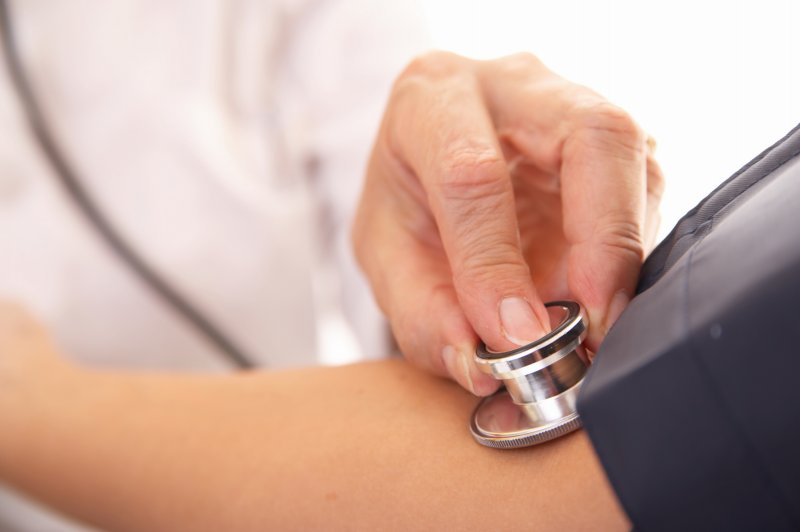
- Be on time for your appointment.
- Give yourself time to register, if necessary, before your appointment.
- Check that the receptionist has your up-to-date address and phone number
- Check the doctor’s name and use it.
- If delayed always ring and tell the receptionist how long you are likely to be.
- Prepare a list or some notes of issues you wish to cover.
- Dress simply with ease of undressing.
- Take someone with you.
- Come to the point immediately.
- Keep your descriptions short but have the confidence to express yourself.
- Listen carefully and jot down some notes to help you remember details. Check on spelling if necessary.
- Ask for a diagram or written diagnosis.
- Check you have understood correctly.
- Make sure you agree the next event.
- Check how to contact the doctor again and in what circumstances.
- Thank the doctor and leave promptly.
- Report next plans to the receptionist or secretary.
Let’s expand a little on this practical advice.
Doctors unfortunately do frequently run late. This may be because they are trying to pack too much into their day, or it may be that they have been unavoidably delayed by an urgent medical situation or a distressed patient or relative. You however should always be on time.
It is wise to arrive a few moments early to see the lie of the land and how the clinic works. For example, will you meet a medical student first who will take a short history, or will a nurse do some preliminary tests like taking your blood pressure and checking your urine?
Find out the name of the doctor and familiarize yourself with it.
When you go in check that you are seeing the person you expected.
If you are unavoidably delayed for your appointment ring and explain to the receptionist how long you are likely to be. If the clinic is running late then you will feel more comfortable. However, if the clinic is on time the receptionist may be able to move other patients forward slightly and slot you in at a slightly later time. Alternatively, if you are severely delayed you may need to rebook your appointment.
Check that the receptionist and therefore your notes have an up-to-date address and phone number. If you do need an appointment or have some sort of test it is essential that results get to you efficiently. If you have for example a Cervical Smear test it can be helpful to take a stamped addressed envelope and ask that a copy of the result be sent on to you.
Do prepare a short list or at least some notes of issues you want to cover. It is very easy in the fluster of a consultation, being well aware that the doctor is short of time, to forget one or two of the important points. Bringing a check list helps to ensure that you are not frustrated later at having omitted something vital. Doctors do have different attitudes to lists. Some doctors encourage them for the reasons I have just explained, while others tend to regard them as complications likely to waste too much time. A list does however need to be short and to the point. No ten-minute consultation can be expected to cover twenty different issues. One or two are quite enough and if more time is needed then it is important either to book a longer consultation or to be prepared to come back on another occasion.
The doctor is not interested in a fashion statement. It is wise to dress simply and in clothes which are comfortable and easy to slip out of for an examination.
When you meet the doctor do use the professional address. Although you may know the doctor quite well if you meet them regularly on the golf course, this is a different and a professional situation and it is usually better to address Dr John Smith as Dr Smith rather than just John. Some patients do prefer to be on first name terms with their doctors as this levels up the “power distribution” and this is a personal decision.
After you leave the doctor go to reception.
The receptionist is a key person in the system. She is often very experienced in managing the practical aspects of how things work. She may well know other receptionists personally and may for example be able to say…. “Try this clinic because the waiting list is less”, or “go to that clinic because it is easier to park”. “This secretary is very efficient…. that office needs reminders” and so on…. invaluable advice to help you move through the system.
Some receptionists can however be very unhelpful. Some seem to feel that their duty is to protect the doctors from too many demands by delaying appointments or being generally unhelpful. Occasionally patients are made to feel distinctly unwelcome, and it takes courage and commitment to stick to your guns and insist on making the arrangements which suit you.
If necessary, you may have to resort to a quiet word with the practice manager. Don’t give up. Other patients will also benefit from your tenacity.